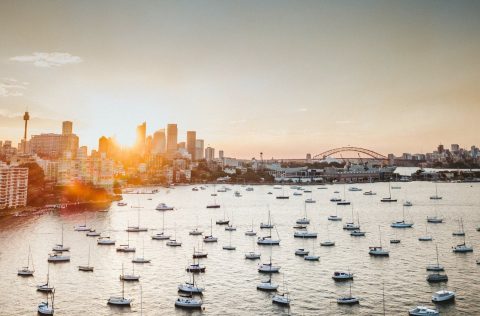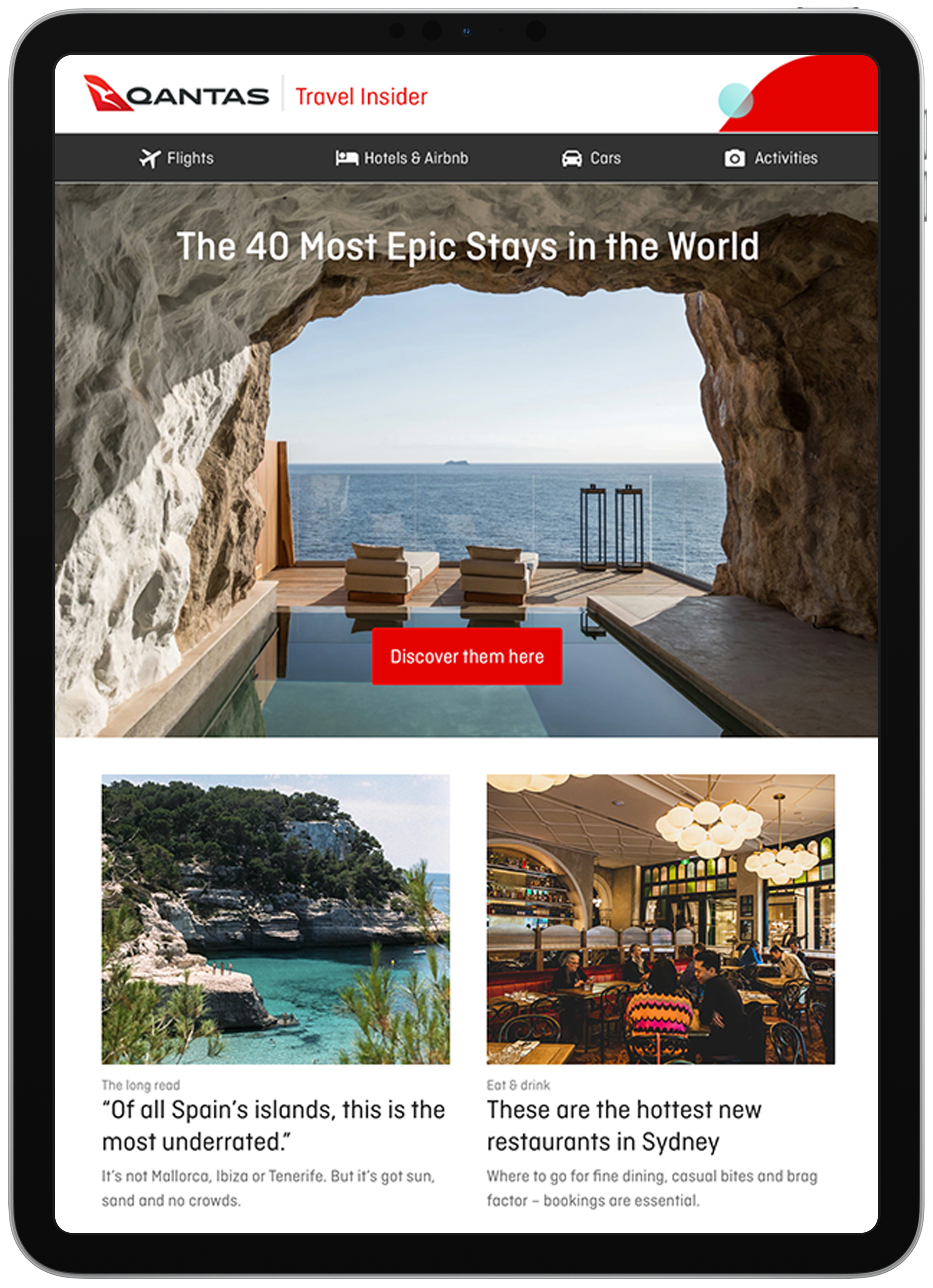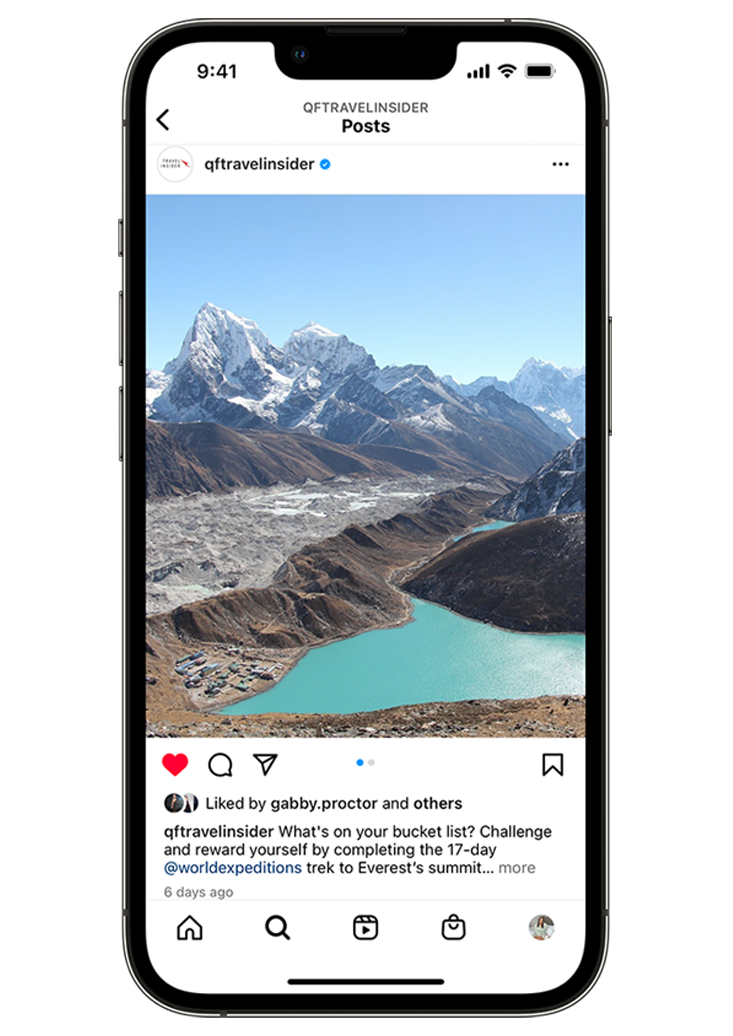5 Minutes With Tribal Warrior CEO Shane Phillips
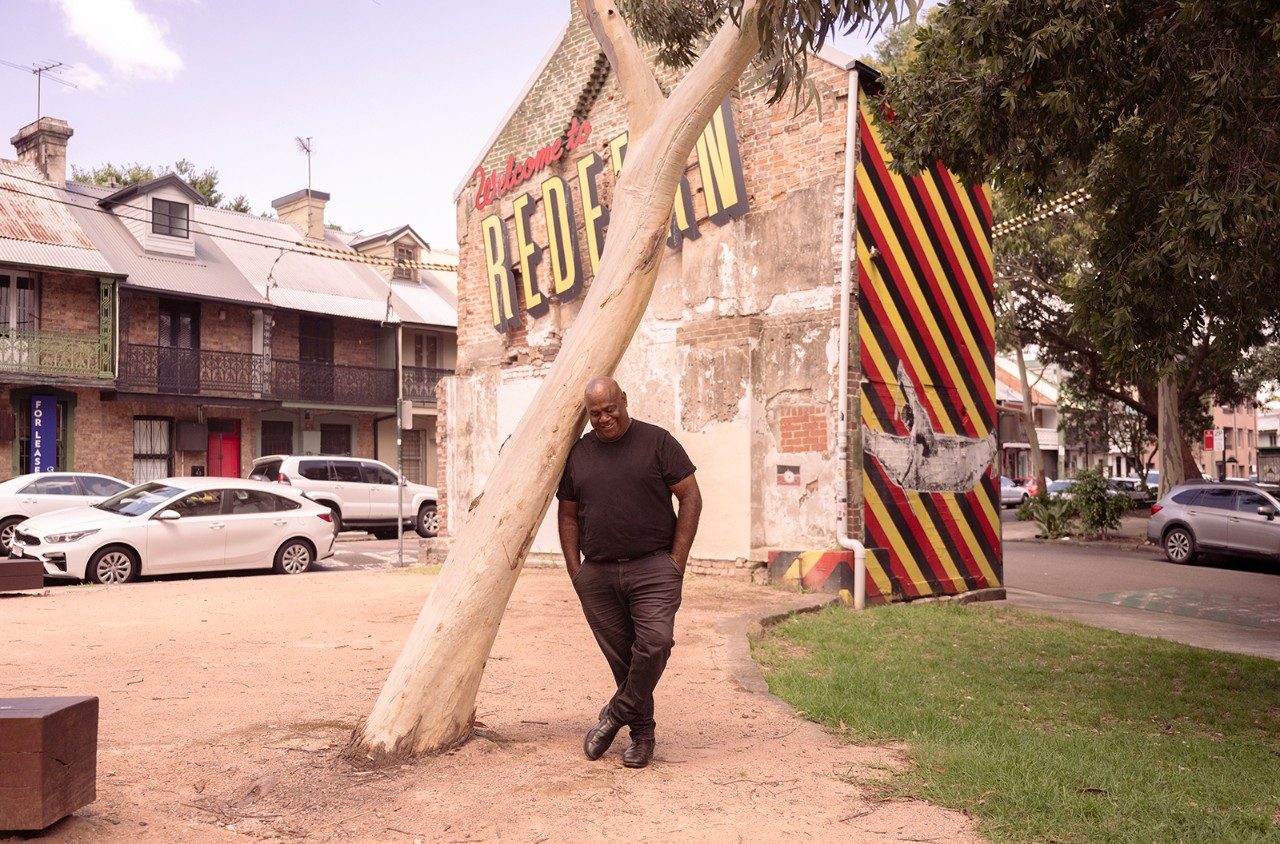
The CEO of Tribal Warrior, a Sydney-based social enterprise that works to promote economic and social stability within the Aboriginal community, has devoted his life to empowering others.
My first mentors, outside of my parents, were the Aunties and Uncles who took time with me. My parents had a pretty rough life. They survived it and it didn’t define them but they were drinkers. As a kid in a house of people who are drinking, you’d wait for one of those adults to actually see you. I thought, “When I grow up, I want to be an adult who invests in people.” Mentoring is really important – it’s investing in other people but also having high expectations to help them grow. There are lots of people in our community who see their responsibility to invest in young Kooris and make sure they get the best out of who they are.
The first mistake we made when we started Tribal Warrior was being too focused on the product. We did the research, we built the cultural product, we kept running and developing and evolving – we were consumed by it. It was only when we had financial problems that we started to realise that we’d miss opportunities if we didn’t look at the big picture – governance, good systems, proper marketing, good relationships and being diligent. We also needed to diversify. Now we take responsibility for our wins and our losses. Mistakes are going to be made but failure is part of success.
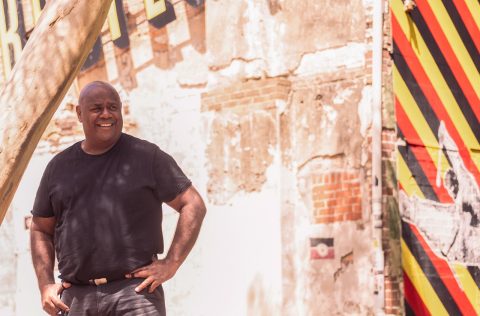
I took a risk creating Tribal Warriors’ first mentor program in 2009. It was for young men who had committed offences. The program changed their lives dramatically and we couldn’t walk away once we started. All the other programs were designed by non-Aboriginal people who only saw the symptoms. We had to focus on the cause, healing and strength. We didn’t ask the government for anything. I found sponsors for the mentors. We had to stick with our vision and measure the program’s success to show the government that if it invested this way, it’ll save money.
The first time the organisation shifted to another level was when we bought an old boat that needed to be repaired. It was when we had the program for young offenders. They’d been in a lot of trouble and weren’t used to working so we got them involved. It took us months and months to rebuild that boat. While we were on the wharf, not many people talked to the boys and they asked us why. We’d say, “Stay focused. You keep turning up and they’ll end up with no choice but to respect you.” And that’s what happened. We got the boat certified and some of those old mariners softened towards the young blokes and offered them work. That was one of the toughest but also one of the most invigorating wins we’ve ever had. The lesson was stay focused, get the job done and someone will respect what you do. But most importantly, you’ll respect your own work.
Defining moment
“We relaunched a former Sydney ferry – we called it Wirawi, which means ‘woman’ in the Dharug language – and run cultural cruises on it. We knew that we needed to combine technology with telling our stories and showing people what Sydney Harbour looked like back in the day, whether that’s 200 or several thousand years ago. We make ‘profit for purpose’ and that purpose is our community. The cruises employ local families, the revenue raised is invested back into our other programs and it’s also about making sure the business washes its own face.”
